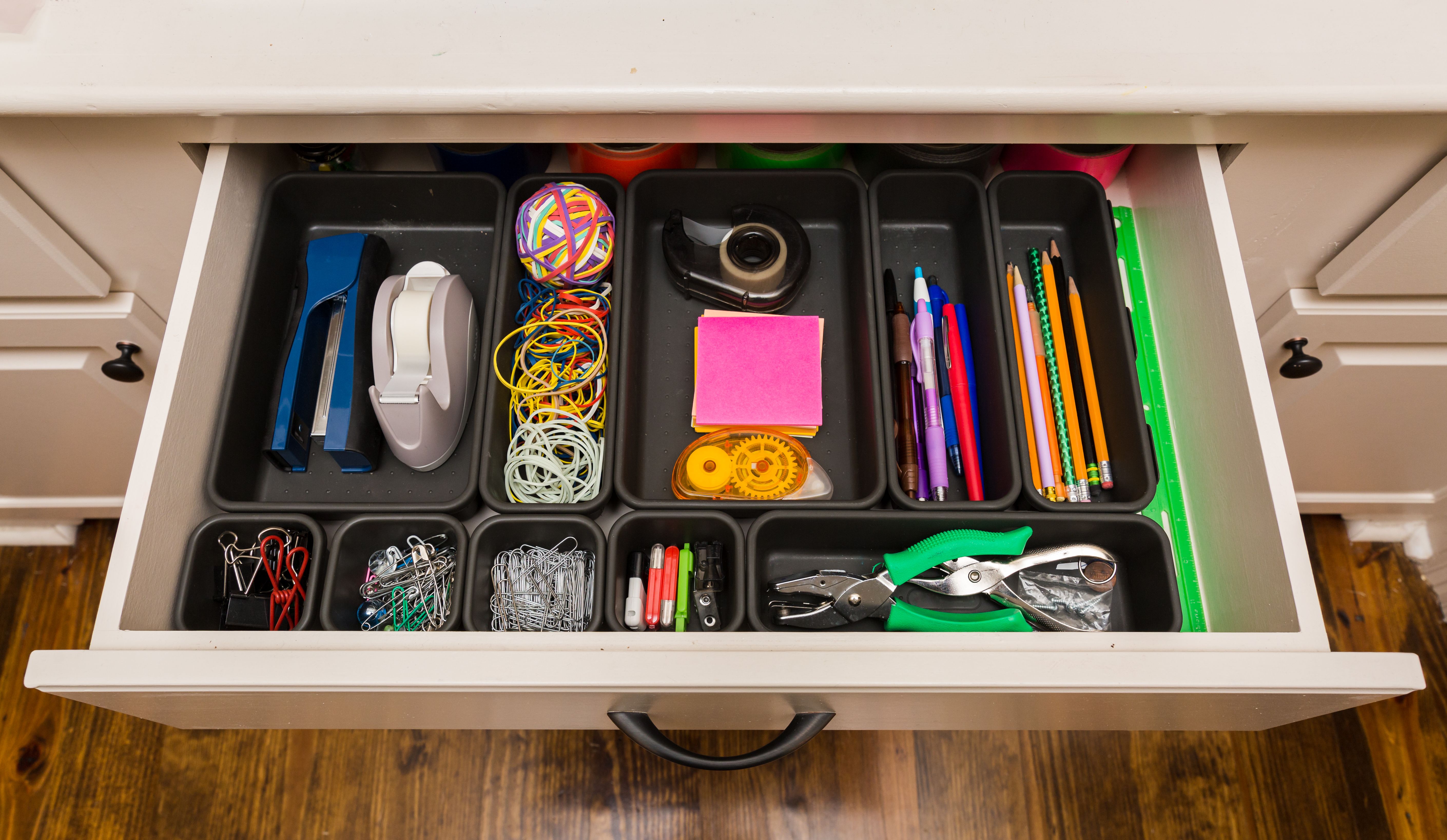How a Clutter-Free Office Boosts Productivity and Profits
The Impact of Office Clutter on Employee Performance
In today’s fast-paced business environment, maintaining a clutter-free office is often overlooked. Yet, a disorganized workspace can significantly affect employee performance and overall productivity. Clutter creates distractions, leading to increased stress and decreased focus, which in turn can hamper efficiency and creativity. A clean and organized office space helps employees work more effectively, making it essential for businesses aiming to maximize their workforce's potential.

Research indicates that employees in cluttered environments spend more time searching for documents and tools, which translates into lost productivity. This wasted time could be better spent on tasks that directly contribute to the company’s goals. By streamlining office spaces and removing unnecessary items, businesses can help employees concentrate on their work without the distractions caused by clutter.
Enhancing Mental Clarity and Efficiency
A clutter-free workspace not only improves physical organization but also enhances mental clarity. With fewer distractions, employees can focus better on their tasks, leading to improved efficiency and higher quality work. This mental clarity allows for better decision-making and problem-solving, essential skills in any business setting.

Studies have shown that an organized environment can boost both mood and morale, creating a more positive workplace culture. Employees are likely to feel more valued and motivated when their environment is conducive to productivity, which can lead to reduced absenteeism and better job satisfaction.
Financial Gains from Increased Productivity
The benefits of a clutter-free office extend beyond just employee well-being; they also translate into tangible financial gains for businesses. By improving productivity and efficiency, companies can achieve higher output with the same resources. This increase in productivity can lead to greater revenue without the need for additional investment in staffing or infrastructure.

Additionally, an organized office can reduce operational costs by minimizing the time spent on non-essential tasks such as locating misplaced files or equipment. This efficiency helps streamline processes, ensuring that projects are completed on time and within budget.
Implementing a Clutter-Free Strategy
To create a clutter-free environment, businesses can adopt several strategies:
- Encourage regular decluttering sessions to keep the workspace organized.
- Implement digital filing systems to reduce paper use and improve document retrieval.
- Designate specific areas for common items to prevent misplacement.
By integrating these practices into daily operations, companies can maintain an organized workspace that continuously supports productivity improvements.
The Long-Term Benefits of a Tidy Workspace
Creating and maintaining a clutter-free office is an ongoing process that requires commitment from both management and staff. When everyone is involved in keeping the workspace tidy, it fosters a sense of ownership and responsibility. This collaborative effort not only results in immediate productivity gains but also promotes a long-term culture of organization and efficiency.
As businesses continue to adapt to changing work environments, the importance of a clutter-free office cannot be overstated. By prioritizing organization and cleanliness, companies can create a thriving work environment that supports both employee well-being and profitability.